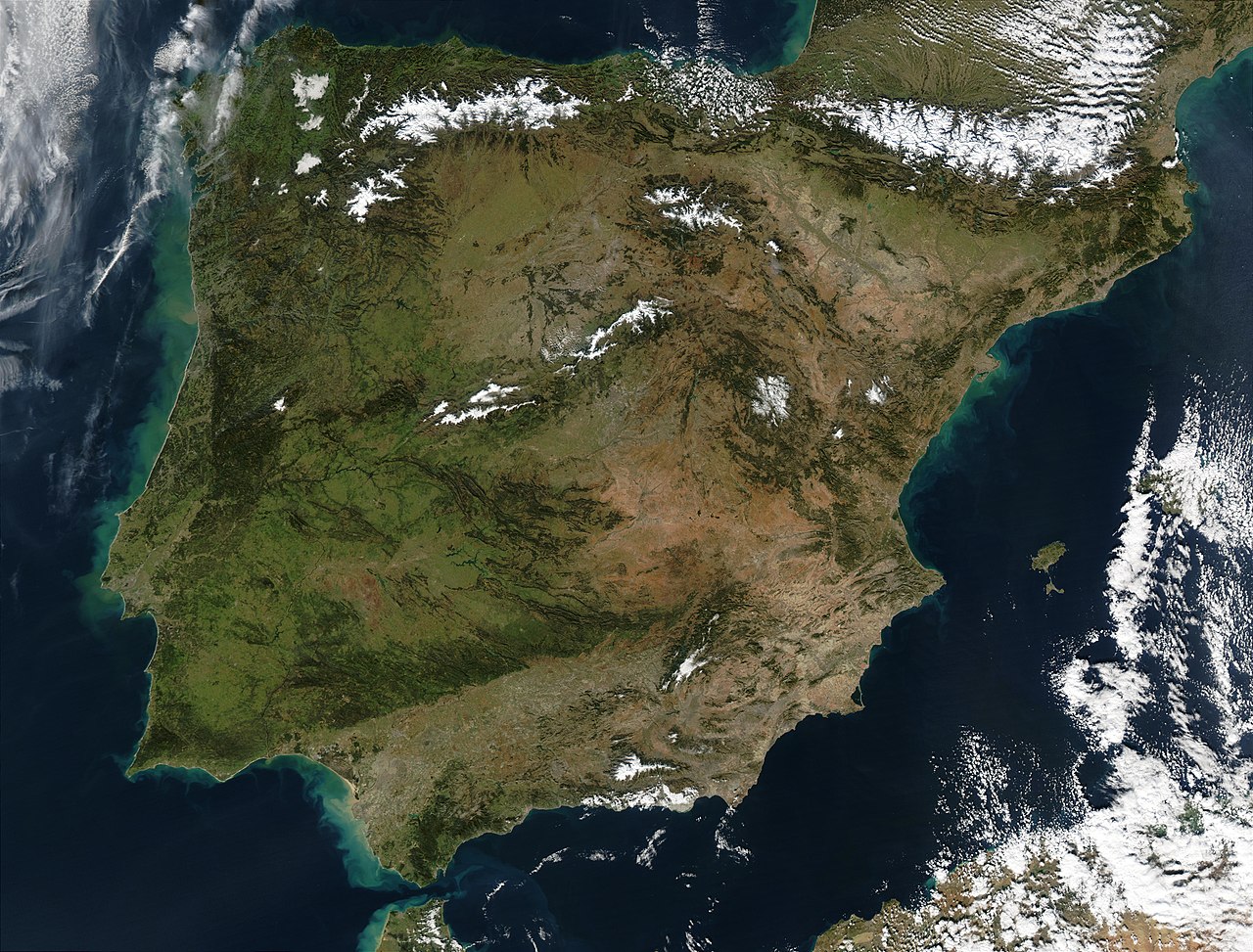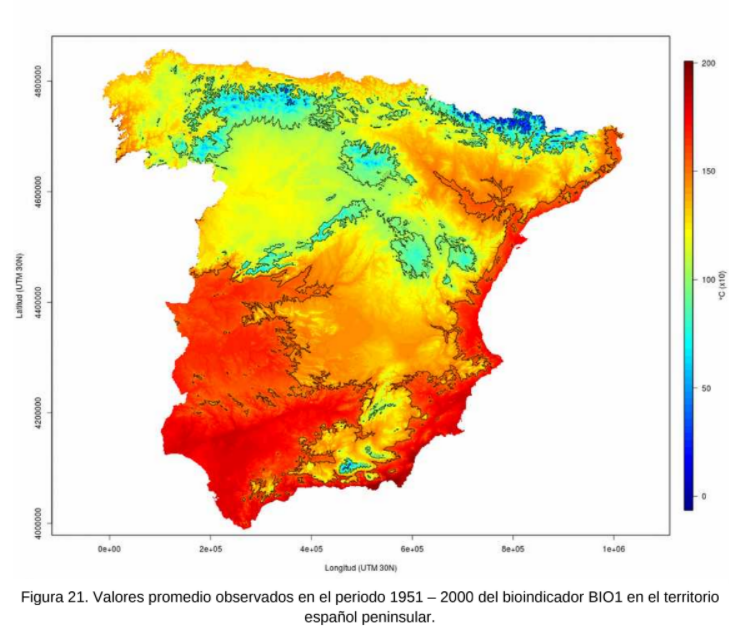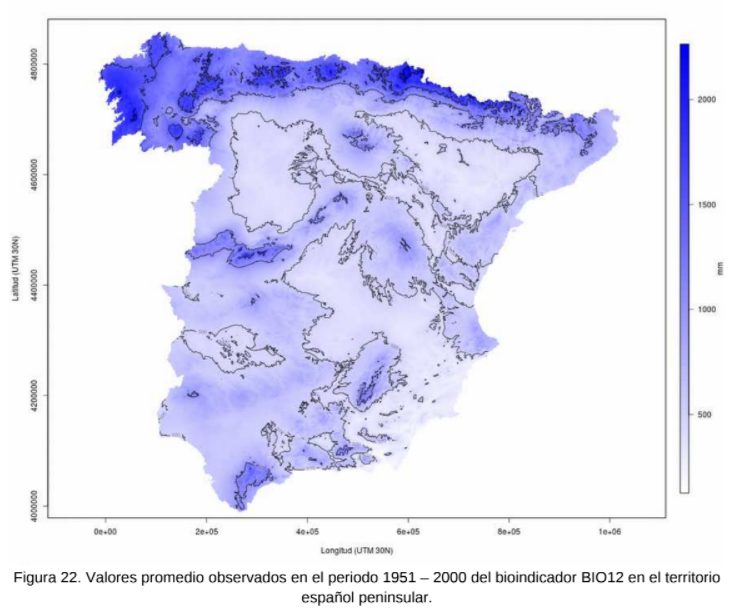Local climate change projections
We design tools to simulate expected changes in future climate and assess how they may affect us through risk and vulnerability analysis.

The effect of climate change on natural ecosystems manifests itself in different ways and at different spatial and temporal scales, endangering the distribution and existence of ecosystems as general systems and of the various species that compose them as individual entities.

In order to study the effect of these changes on such species, Bioclimatic Indices, indicators of the presence or absence of a certain species under climatic conditions, are particularly useful. That is why SPAINCLIM creates a source of Bioclimatic Indexes freely available for all of Spain.
Through this project we achieve:

The data generated for these indexes are public and freely available. As an example of the usefulness of these indices, Distribution Models of Invasive Species of interest at the peninsular scale are developed, based on the same indices for the present and future.
The methodology of the project has been based on a broad set of existing observatories, on which a raster (map) has been created for the entire Spanish territory. On this basis, climate change simulations have been generated for the entire 21st century, based on the statistical regionalization of the models associated with the CMIP5, present in the fifth report of the IPCC. These simulations make it possible to calculate a set of bioclimatic indices for the future that can be applied to the study of ecological niches of different species, a specific study that has also been carried out here.
We design tools to simulate expected changes in future climate and assess how they may affect us through risk and vulnerability analysis.